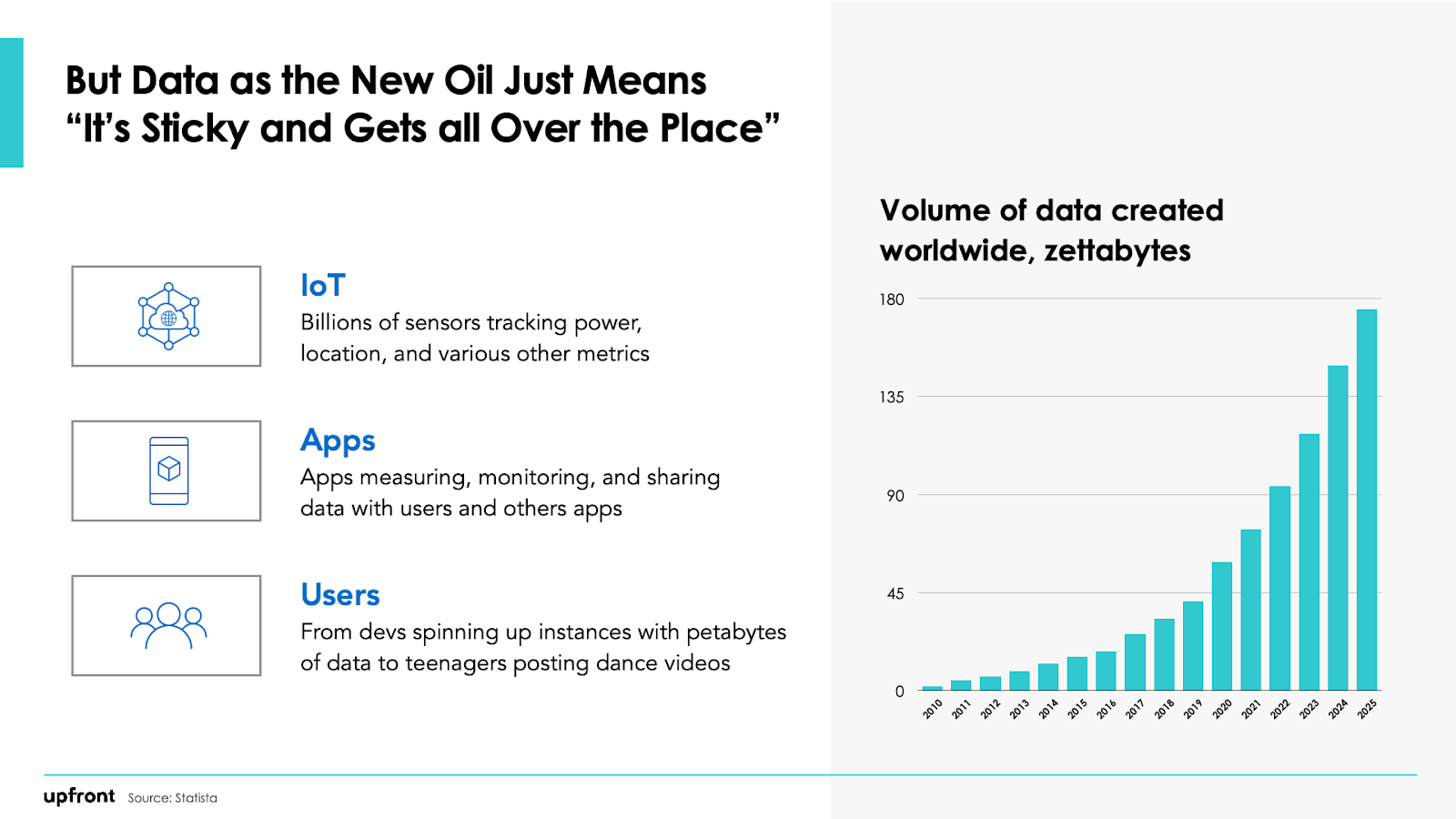There’s no overstating it: 2020 was a hell of a year. When future generations learn about 2020, the pandemic, social tension and political unrest will take up most of the oxygen. But for those learning about the history of cybersecurity, 2020 and a midsize company from Austin, Texas — SolarWinds — will take center stage.
Malicious code in one update of a trusted software provider was the Trojan horse that enabled access to petabytes of private data across 18,000 organizations, including Fortune 500s and government entities.
Every business leader must acknowledge what many in cybersecurity have been saying — cyber strategy is company strategy.
Why will SolarWinds be so generationally important, and why am I talking about it? Because the large (and growing) impact of the hack and the substantial (and mounting) losses mean that every business leader must acknowledge what many in cybersecurity have been saying — cyber strategy is company strategy. It is not an audit, but an important part of C-suite strategies and best practices ranging from employee onboarding to mundane everyday coding.
I believe generational startups will be created from this reckoning with cybersecurity, just as they’ve been created coming out of market disruptions in the past. I’ve been thinking about this for a while, but it is more clear than ever that we will see cyber go on a tear this next decade.
Forecasts suggest $100 billion of new market value by 2025 alone, putting total market size at close to $280 billion, but I think this figure is conservative. Cyber is — and will be — a massive business.
One key driver of growth in the cyber market is really easy to understand, but really hard to solve for: data. Cyber is often a second-order value proposition, after speed of development, managing IT assets or data. We’re familiar with the idea that “data is the new oil.” Since that phrase was coined by mathematician Clive Humby 15 years ago, the total amount of data in the world has increased 74x.
By 2025, IDC forecasts the data universe will consist of 175 zettabytes. In case you don’t know, one zettabyte is 1 trillion gigabytes. If you were to download 175 zettabytes of data on your computer, it would take you 1.8 billion years. Mind-boggling!
And it only increases exponentially from here. From likes, posts, profile views, follows and RTs for end consumers to time on site, conversion rate and bounce rate for websites to events, errors and anomaly tracking in IoT — all of this data is logged and tracked. We’ve seen billion-dollar companies built, taken public and acquired that ingest and visualize all of the data we capture.
The next generation of API startups is valuable proportionally to their ability to “talk” with apps in the ecosystem by sharing and ingesting data.

Image Credits: Upfront Ventures
Powered by WPeMatico






